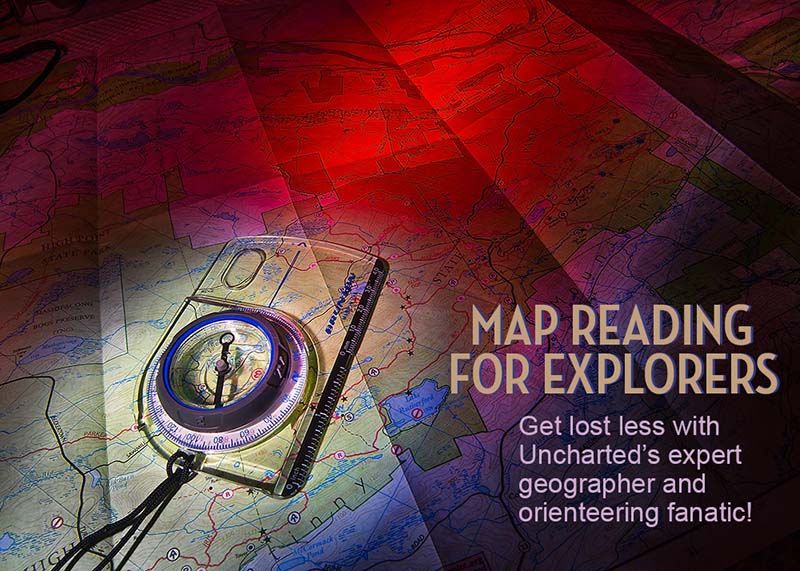
Why You Want Map Reading Skills
By GeoJoe,
Uncharted Staff
OK, I admit it. I love maps. That’s “Love” with a big capital “L”! I also admit that I’m a geographer, so that makes me a little geeky, not well understood, and yes, biased. Now that I’ve cleared that disclaimer up, what you might not know about me is that despite all my training, knowledge, experience, and even despite my fluency with using really geeky and high-tech navigation tools, I still get lost sometimes. From the streets of Beijing, to my own familiar forest I use for orienteering training, to flying an airplane over areas that are very familiar to me on the ground, I still get lost sometimes. What tool is it that helps prevent these messes from becoming a disaster? You’ve got it, the mighty map!
Maps are easy to take for granted, but there are so many ways a map can help us in our journeys. For starters, a map can motivate. Just looking at a topographic map of Yosemite National Park makes me want to be there, out in that terrain, walking those trails. I start seeing trails that look like they would be really cool to use, or points of interest on the map that I want to see. In just a few scans across the map I notice new points of interest that I haven’t heard of before, or I’m reminded of places that other people have recommended.
The same information that would take me hours to absorb reading, only takes seconds with the aid of a map. With maps, at a short glance, I can decipher terrain, distances, and proximities between places of interest. I see areas I’ve already explored and am drawn into looking at those I haven’t. Try it out yourself. Take some time to look at a map of a place you’ve always wanted to visit. I guarantee it will motivate you.
Maps also help us navigate unfamiliar places. Before I go on a trip to an unfamiliar city I always look at a map. After landing and passing through airport security, I look for even better maps of the local area. Making this small effort has helped my trips go more smoothly and made my experiences much more interesting. When I find myself in a certain location and realize I have more time to spend than planned, I take a look at the map to see what other interesting places are nearby, and next thing I know I’m at another cool place. Not to mention there are many cities that can be quite complex to navigate, with winding roads, complicated transit systems, and confusing addresses that would make finding points of interest and following verbal or written directions a nightmare for someone without a map.
Guys take note that the better your map reading skills, the less likely you will ever have to stop and ask for directions again! Gals take note that the better your map reading skills, the easier it will be to explain to your favorite lost guy why you’re right.
That geeky technology I talked about includes one type of gadget I absolutely adore. The moving map GPS/navigation display. They’ve become so widely available that you can get them in a rental car for just a few more bucks a day. These are great tools that make getting from point A to point B a cinch, even for someone who doesn’t know anything about how a GPS works.
The problem is what happens when it breaks. Use these gadgets long enough and you will definitely run into a time when it stops working and you need to rely on a map instead. For example, last weekend I was using GPS to navigate from my hotel to an orienteering race at Cuyahoga National Park south of Cleveland, Ohio (an awesome place, by the way). Something went wrong and it took my GPS more than 20 minutes to reacquire lost satellite signals. I was late and couldn’t wait for the GPS to re-acquire the signal and make sense of its new position. Thankfully I had a map–not a great map, but good enough to get me to the park. Once I arrived, I picked up a park map that gave me the details I needed so I could make it to registration on time. Between these two maps and my very fast driving (I won’t say how fast), I didn’t miss out on a splendid day of orienteering in the scenic and forested hills of Cuyahoga National Park. This is not the first time I’ve had a GPS fail me, and I’m sure it won’t be the last. Each time, my map reading skills saved the day. And by the way, those flashy GPS units are now integrating map data into the GPS screen displays more and more, so map reading skills are becoming increasingly important for interpreting what a GPS is displaying.
Maps exist for many purposes. Topographic maps, subway maps, Google maps, United States Geological Survey (USGS) quads, street maps, geologic maps, park maps, subterranean maps, marine navigation maps, aeronautical maps, and even maps of our universe. So wherever you want to go, a map can help you get there, help you navigate, help you gain a new perspective about a location, and help you understand important spatial relationships. But in order for the map to help you, you have to be able to understand how to find it, how to interpret it, and how to use it.
For these reasons and many others, I am excited to announce that I’m now offering Uncharted “Map Reading for Explorers” instruction that can be customized for you and your group to help you meet your specific goals and training needs–online or in person.
For example, if you have an upcoming backpacking trip and want to improve your skills interpreting the terrain and finding good maps for your trip, I can help you acquire map skills specifically useful for that journey. Or perhaps there’s a trip that you’ve been wanting to take to some far-off city, but you want help with finding and understanding how to read urban street or transportation maps. I can help you with that too. Or maybe you have a GPS but want to know how to get a track file off of it and onto a map so that you can see where you went.Whatever your map related goals you have, Uncharted is here to help you achieve them.
Offering something like this requires significant time investment, my own expertise, materials, and logistics, so there will be some cost for this training; but we will offer a free introductory consultation session online to help you get started so that I can hear what specific goals you have. We’ll come up with a customized training plan that meets your specific goals and then present it to you with no obligation. The actual training will be accomplished at reasonable cost, and as always, it will be discounted for all who have joined Uncharted as an Explorer.
I look forward to getting this started. As Uncharted’s geographer, I feel like I have a tremendous opportunity to help people go places. Sharing what I’ve learned through my own journeys is something I’m excited to do and one of the reasons I’m so passionate about being involved with Uncharted. I will also be looking for other opportunities where Uncharted can help people enhance their map reading skills. For example, next month Uncharted is donating my work time and some resources so I can help a local high school class learn how to use maps and compasses during a nature outing with their teacher. So whether you’re young or seasoned, a new explorer or an experienced adventurer, Uncharted is here to support you in your journey.

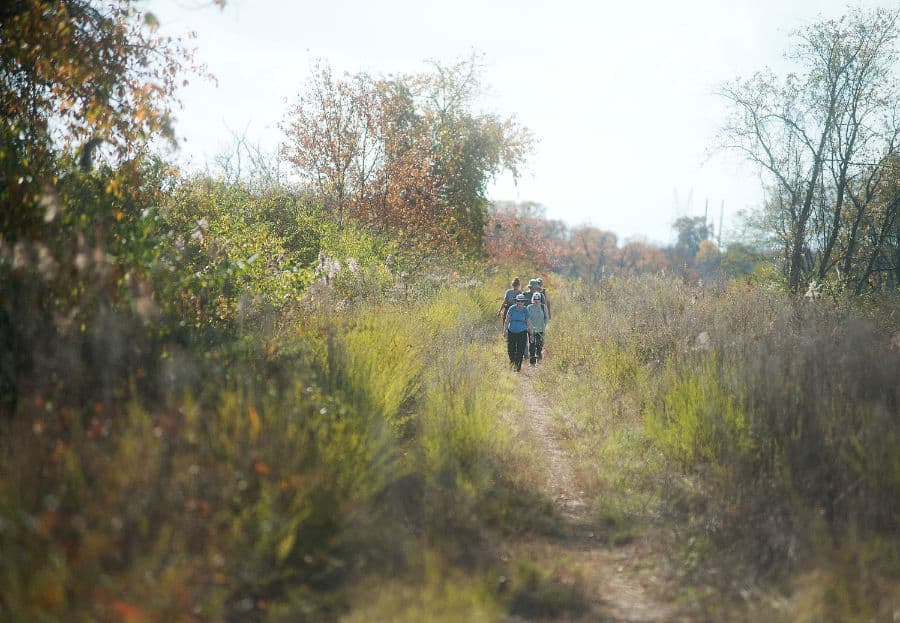
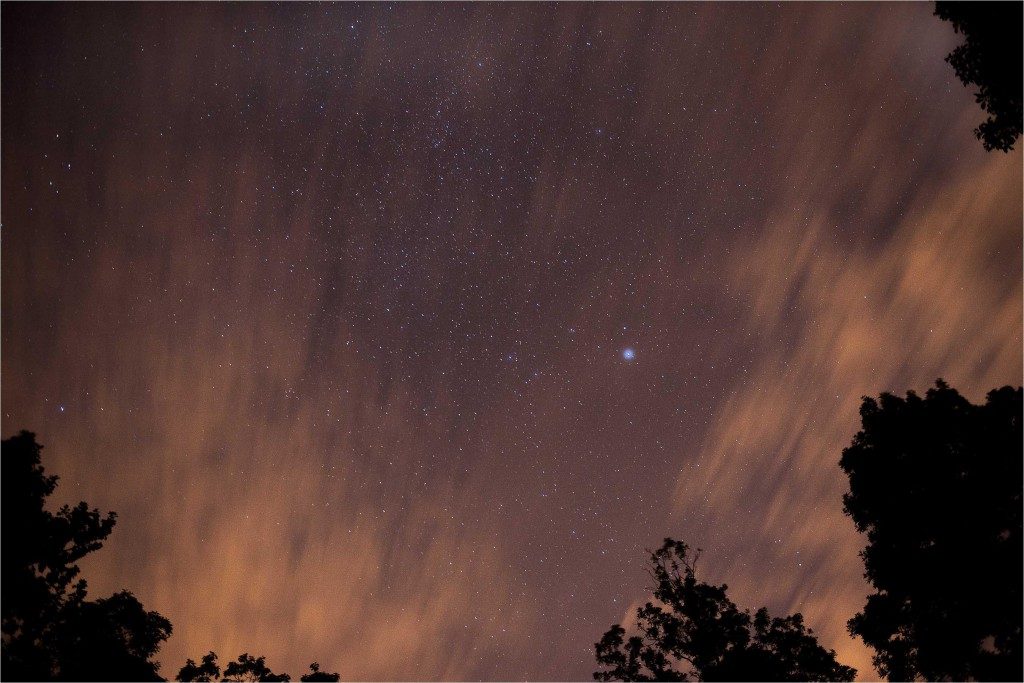
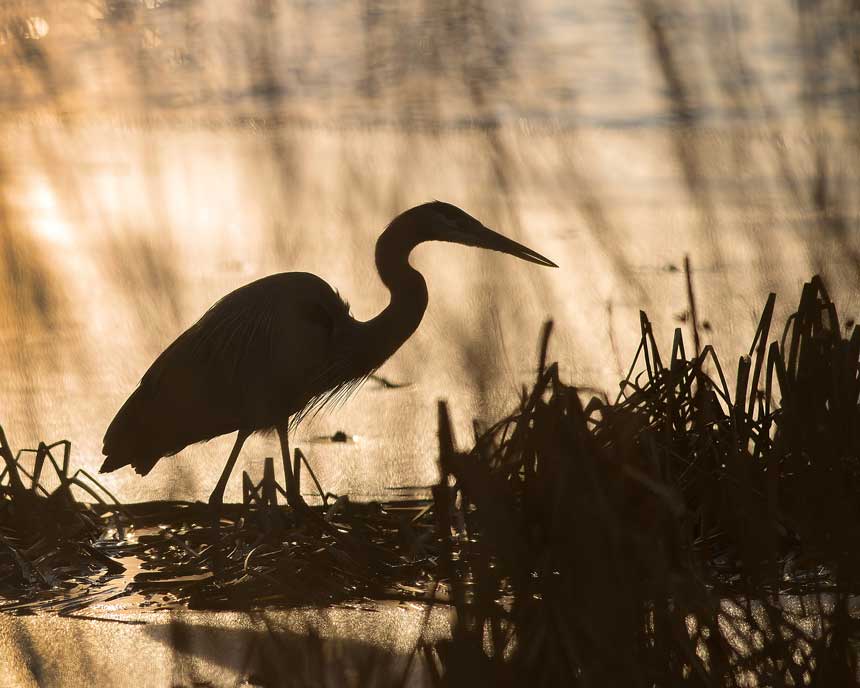
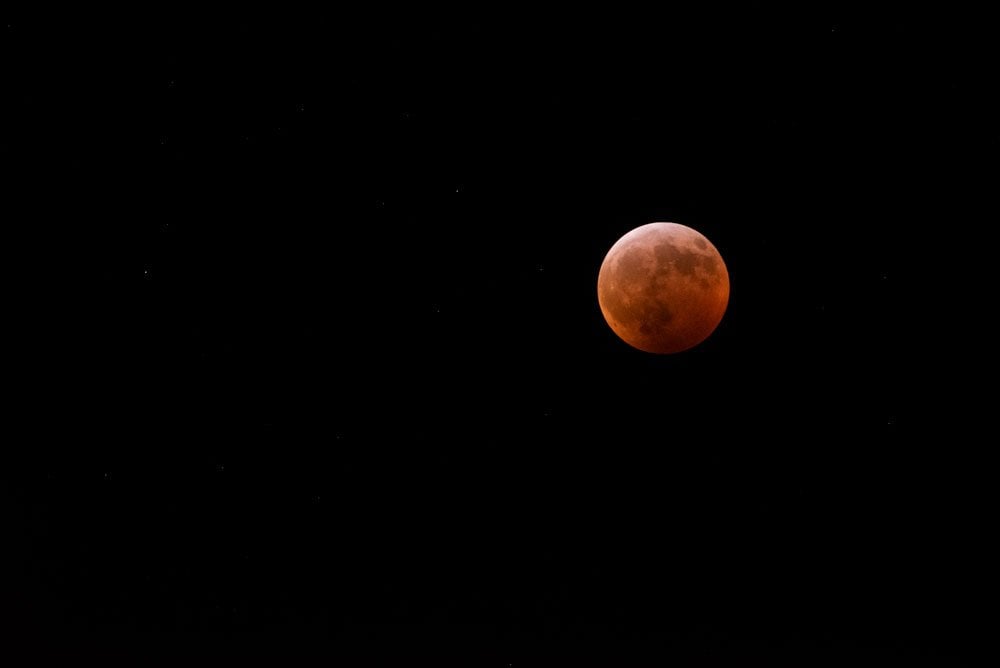
Responses